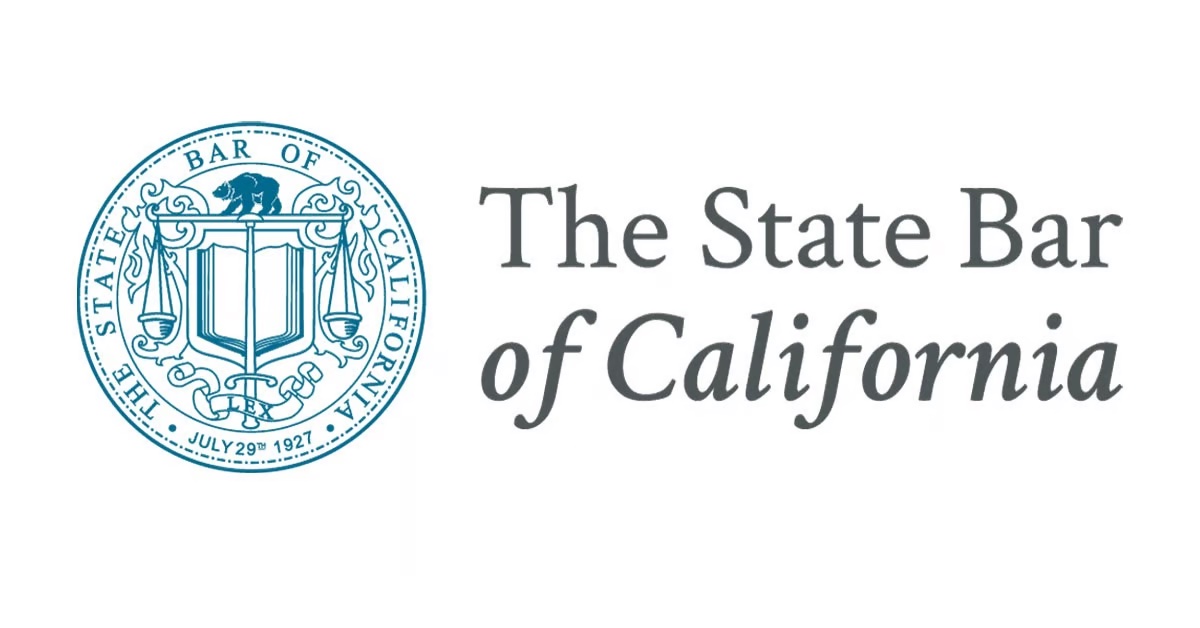and Probate Law Firm
Most Common Estate Planning Terminology
As a Folsom lawyer who specializes in estate planning, I believe that it is useful for clients to know the most common estate planning terms so that they are better informed and our consultations can be more productive. Here is some typical estate planning terminology:
- Beneficiary: A person or entity named in a will, trust, or on a financial account to receive assets or benefits upon the death of the account holder or trustor.
- Will: A legal document that specifies how your assets should be distributed after your death, as well as who should be responsible for managing your estate (the personal representative).
- Trust (including Living Trust): A legal entity that holds and manages assets for the benefit of beneficiaries, often used for purposes such as avoiding probate, providing for minor children, or managing assets for someone with special needs.
- Probate: The legal process by which a court validates a will, appoints an executor (or personal representative), and oversees the distribution of assets in accordance with the will or state law.
- Executor (or Personal Representative): The person or entity responsible for managing the deceased’s estate during the probate process and ensuring that assets are distributed as specified in the will.
- Guardian: An individual appointed by the court to care for and make decisions on behalf of a minor child or an incapacitated adult who cannot make decisions for themselves.
- Conservator: A person or entity appointed by the court to manage the financial affairs and assets of an incapacitated adult, similar to a guardian but focused on financial matters.
- Power of Attorney: A legal document that authorizes someone (an agent or attorney-in-fact) to act on your behalf in financial and legal matters if you become unable to do so yourself (durable power of attorney remains valid even if you become incapacitated).
- Healthcare Proxy (or Medical Power of Attorney): A legal document that designates someone to make healthcare decisions on your behalf if you are unable to do so.
- Living Will (or Advance Healthcare Directive): A legal document that outlines your preferences regarding medical treatment, life-sustaining measures, and end-of-life care in the event of incapacity.
- Estate Tax: A tax imposed on the transfer of a person’s assets upon their death, which may apply depending on the total value of the estate and the applicable tax laws.
- Gift Tax: A tax on the transfer of assets during your lifetime to others, with certain exemptions and exclusions.
- Intestate: Dying without a valid will or without specifying how assets should be distributed, leading to California state law governing the distribution of assets (intestate succession).
- Estate Plan: The comprehensive set of legal documents, strategies, and instructions created to manage and distribute a person’s assets, make healthcare decisions, and protect loved ones in the event of death or incapacity.
- Fiduciary: A person or entity in a position of trust and responsibility, such as an executor, trustee, or agent named in a power of attorney.
- Beneficiary Designations: Instructions specifying who should receive the proceeds of specific financial accounts or insurance policies upon the account holder’s death.
- Revocable Living Trust: A trust that can be changed or revoked by the trustor during their lifetime, often used to avoid probate and provide flexibility in managing assets.
- Irrevocable Trust: A trust that cannot be easily changed or revoked, often used for specific estate planning purposes such as tax reduction or asset protection.
Conclusion
These are some of the key terms commonly used in estate planning. The specifics of your estate plan will depend on your individual circumstances and goals, so it’s important to work with an experienced Folsom estate planning attorney to create a plan tailored to your needs. If you have any questions about estate planning, please call Thapar Law at 916-579-0605 or send us a message.







